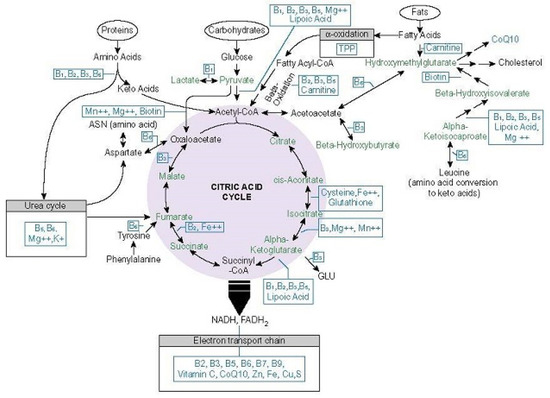Katelove
Member
- Joined
- Jun 9, 2017
- Messages
- 86
Please read the articles about metformin. Doctors love it.
Iodine can block thyroid function. The amount you need is minuscule; I think Ray Peat said something about maybe 1mg/week might be safe? Peat is not a fan of supplementing with iodine. T3 has iodine in it already.
View: https://youtu.be/nMYSCcp_6pI?t=168
I rely on an older endocrinologist to help keep my thyroid hormone levels optimized. I get blood tests every 6 months. I got lucky and managed to find an 84 year old endo who actually knows what he's doing and has over 50 years of experience. I take natural desiccated thyroid, NP Thyroid, made by Acella. I do not attempt to just "wing it" because it is too important to get it right. Because I have both hypothyroidism and a thiamine issue and these two things inter-relate, I need to be tested regularly. High dosing thiamine hcl caused my T3 level to go way high and I had to cut back on my thyroid med in order to get back into a highish but normal range. Too much thyroid med can block thiamine function.
I use the pure niacinamide powder available from bulksupplements.com. I find that it works better for me to be able to fine tune the amount and take it more frequently. 500mg of niacinamide makes me loopy.
Testing for thiamine deficiency is tricky. Here's an article about it: Thiamine Deficiency Testing: Understanding the Labs- Hormones Matter
You might find this video helpful:
View: https://youtu.be/m3DopqTz1Q4
You are a wealth of knowledge. Thank you again. I am working with a doctor that put me on T3. I have felt much better on it. I would consider backing off the Iodine. I just ordered the thiamine. I have a small scale that weighs mg. I can empty out my 500 mg capsules to create smaller doses. Is it bad to take the 500 mg? I will watch the video you sent about thiamine testing.
Interesting what they said about metformin preventing exercised induced insulin sensitivity.

